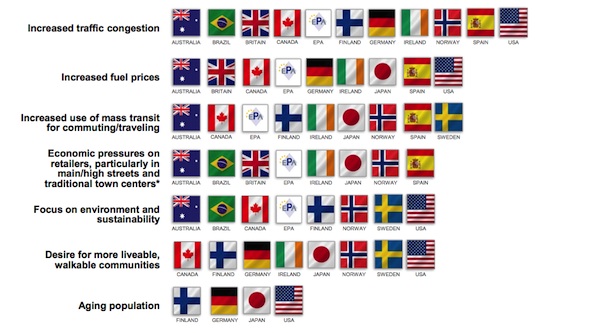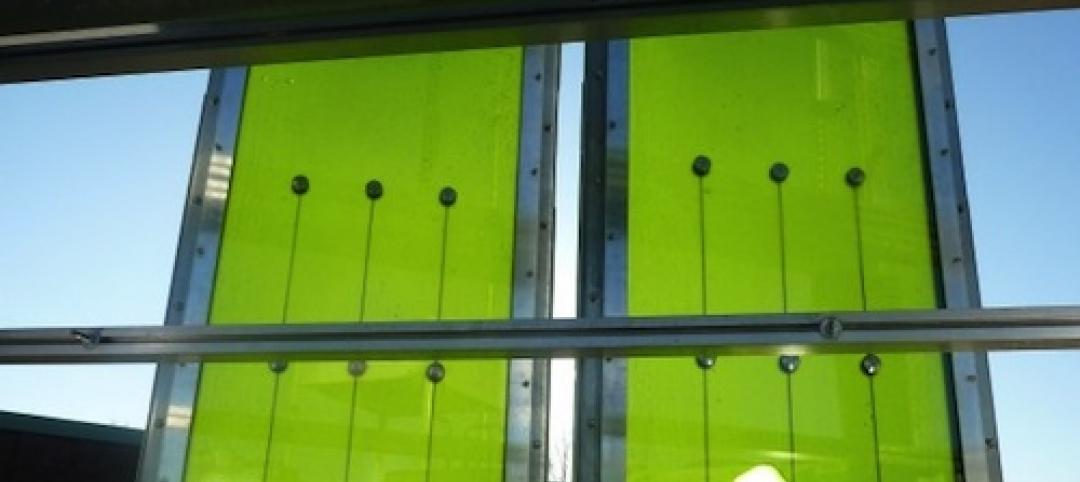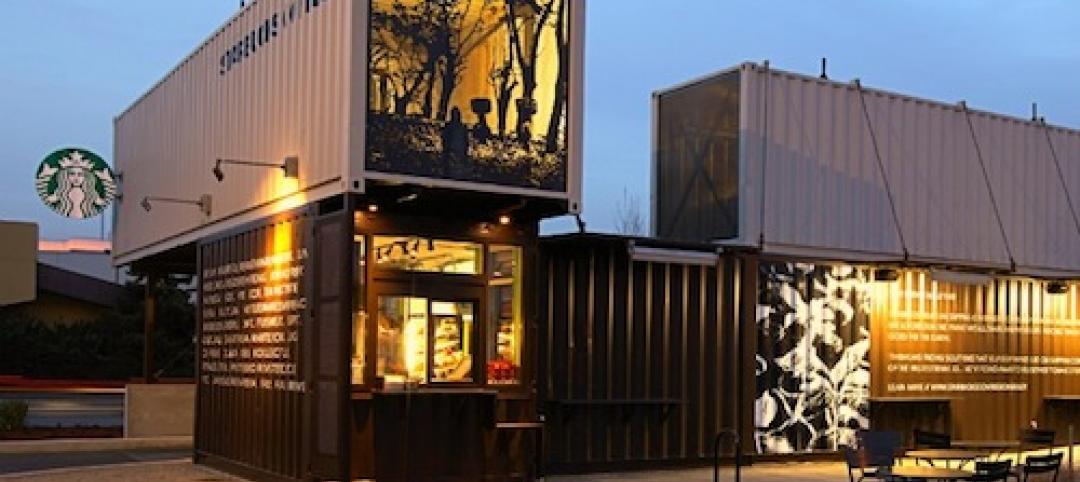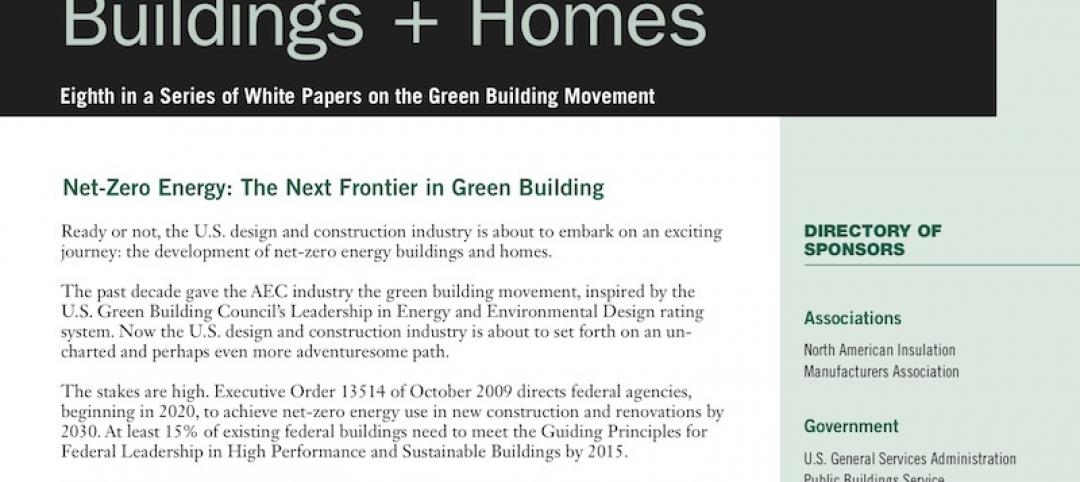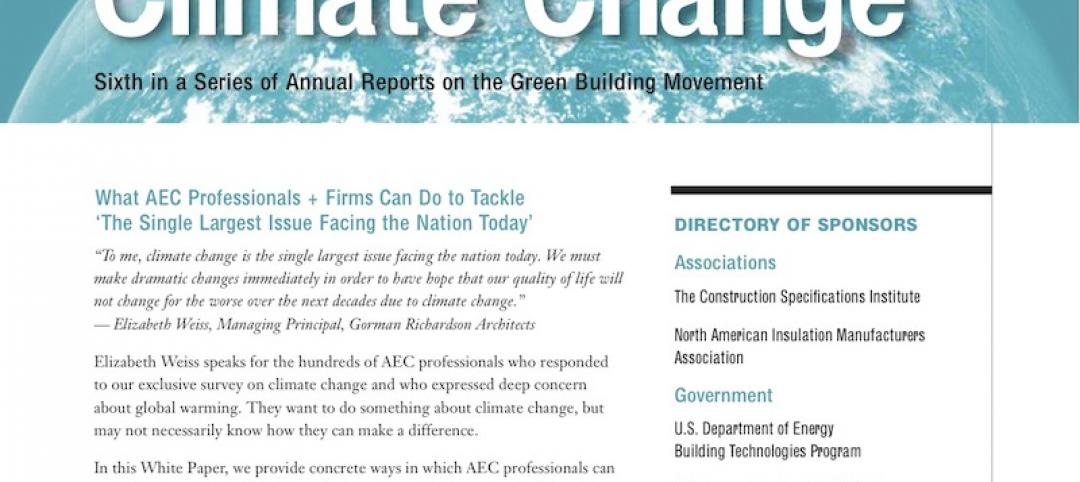(Dublin, Ireland) -- Do parking challenges and solutions differ significantly around the globe? Are Japan's parking priorities the same as those in Great Britain or Brazil? To answer these and other questions and begin to build a knowledge base that can benefit all countries, the Global Parking Association Leaders (GPALs) Summit, a group comprised of parking associations around the world, recently surveyed parking professionals from 21 countries. The results, shared last week at the European Parking Association (EPA) Congress in Dublin, Ireland, revealed some universal similarities along with a few interesting country-specific differences.
Technology is Revolutionizing Parking
Within the past few years, technology has transformed the parking industry in many countries, making it easier for parking professionals to meet the demands of drivers who want to access, exit, find, and pay for parking. The majority of parking facility owners, operators, and managers polled listed the move toward innovative technology as the leading industry trend. Cited were GPS and mobile phone technology, electronic payment, sensor space-monitoring systems, and a shift toward accommodating electric vehicles.
What Cities Are Seen as Having the Most Progressive Parking?
Asked to name up to three cities within or outside of their own countries they would consider trendsetting or progressive in terms of their approach to parking, survey respondents most often cited London (named by nine countries), San Francisco (seven countries), Amsterdam and Paris (five countries each), and Barcelona, Seattle, and Tokyo (four countries). U.S. respondents also identified New York, Los Angeles, and Washington, D.C. as being progressive about parking.
Sustainability an Industry Focus
Along with technological improvements, the parking industry has been revolutionized by a heightened environmental awareness, with parking professionals assuming active roles in fostering sustainability in their communities. Sustainability proves to be a broadly-shared global concern, with most respondents saying the greatest environment benefit comes from on- and off-street guidance systems that enable drivers to find parking faster, reducing carbon emissions. Coming in a close second is energy-efficient lighting, seen as one of the top three priorities for a majority of countries, particularly Germany (85 percent) and Brazil (72 percent). The third leading trend of encouraging alternative travel through bike storage, car and bike share, and access to mass transit, is clearly seen as a priority in Norway (70 percent), followed by Britain, Australia, Ireland, Brazil, and the U.S.
"This is the first time parking associations around the world have collaborated to identify industry trends, and it is clear that we share many of the same challenges and opportunities," says Shawn Conrad, CAE, executive director of the U.S.-based International Parking Institute (IPI), the world's largest parking association. "Despite our many common issues, we see some interesting differences in countries' priorities and circumstances, and I believe we will be able to learn much from each other."
While decision-makers' attitudes toward parking appear to be positively shifting around the world, most respondents feel that more collaboration is needed, particularly between parking professionals, urban planners, and local government officials. This was most strongly voiced in the Scandinavian countries, but at least half of those polled in Australia, Britain, and Canada agreed. In the U.S., urban planners, architects, and local government officials emerged as the three groups most in need of parking education.
According to Conrad, the survey results point to the need to tap parking expertise earlier in the urban planning process to avoid later issues with economic development, transportation flow, congestion, and design.
Societal Factors: Can Smart Parking Solutions Ease Traffic Congestion?
Most of the countries surveyed listed traffic congestion as having a significant societal influence on parking. (Australia, Canada, and the U.S. viewed traffic congestion as the leading influence, followed by Brazil, Britain and Germany). One-third of those surveyed believe that parking's greatest future challenge will be dealing with this scarcity of space and resources and rising mobility costs in urban areas.
Other societal influences on parking varied by region. They included economic pressures on retailers (listed first by Brazil, Britain, Ireland, and Spain), increased fuel prices (listed first by Spain and second or third by six other countries), the focus on environment and sustainability, and the desire for more liveable, walkable communities (both of which were rated most highly by all three Scandinavian countries, followed by Canada, Germany, and the United States). Only Brazil cited a shortage of qualified employees that was affecting parking.
Conrad said the GPALs Global Parking Survey is not a statistically projectable study, but it's a valuable snapshot and the beginning of knowledge-building and future collaborative projects among parking associations around the world."
The surveys were conducted by individual country parking associations and analyzed by the Washington, D.C.-based Market Research Bureau, with assistance from Giuliano Mingardo, a senior researcher in the Department of Regional, Port and Transport Economics at Erasmus University in Rotterdam.
The Global Parking Association Leaders (GPALs) Summit is an annual meeting of parking association leaders from around the world. Established by the International Parking Institute in 2012, the GPALs Summit is an opportunity for those leaders to gather, share information, and learn from each other in a friendly forum that encourages discussion and dialogue on a wide range from topics.
The next GPALs Summit will be held in conjunction with in Dallas, Texas, June 1-4, 2014, at the annual IPI Conference & Expo, the largest gathering of parking professionals in the world.
For a list of participating countries, and to view a downloadable report of survey results, visitwww.parking.org/gpals. The charts below reflect the most popular responses among the countries whose flags are shown.
Most impactful trends
Most potential to improve sustainability
Societal changes influencing the parking industry
Related Stories
| Mar 6, 2013
German demonstration building features algae-powered façade
Exterior of carbon-neutral demonstration building consists of hollow glass panels containing micro-algae "farms."
| Mar 5, 2013
Recycled recreation: Waste-to-energy plant combines with ski resort
A new project near Copenhagen pushes the boundaries of the term "mixed use," combining a waste-to-energy plant with a ski resort.
| Feb 28, 2013
Greeening Silicon Valley: Samsung's new 1.1 million-sf HQ
Samsung Electronics' new 1.1 million sf San Jose campus will support at least 2,500 sales and R&D staff in the company's semiconductor and display businesses.
| Feb 28, 2013
Lend Lease builds world's tallest timber apartment building
Construction giant Lend Lease recently put the finishing touches on Forté, a 10-story apartment complex in Melbourne, Australia's Victoria Harbour that was built entirely with cross laminated timber (CTL) technology.
| Feb 27, 2013
Bronx residents get LEED Platinum public housing complex, rooftop farm
The New York City Housing Authority has opened Arbor House, a 124-unit LEED Platinum complex in the Morrisania neighborhood of the Bronx.
| Feb 25, 2013
HOK sustainability expert Mary Ann Lazarus tapped by AIA for strategy consulting position
Mary Ann Lazarus, FAIA, LEED® AP BD+C, has accepted a two-year consulting position with the American Institute of Architects in Washington, DC. Her new position, which begins March 1, will focus on increasing the AIA's impact on sustainability across the profession. The St. Louis-based architect will continue consulting at HOK.
| Feb 22, 2013
Starbucks pilot program rolls out small, modular stores
Coffee giant Starbucks is rolling out mini-stores with maximum local flavor, as part of an international pilot program.
| Feb 22, 2013
Defense department report: Green design saves taxpayers money
An independent report on energy efficiency and sustainability standards used by the Pentagon for military construction affirms the value of LEED-certified high performing buildings to America’s military and U.S. taxpayers.
| Feb 21, 2013
BD+C's 2011 White Paper: Zero and Net-Zero Energy Buildings + Homes
We submit our eighth White Paper on Sustainability in the hope that it will inspire architects, engineers, contractors, building owners, developers, building product manufacturers, environmentalists, policymakers, government officials, corporate executives, officeholders, and the public to foster the development of net-zero energy buildings and homes.
| Feb 21, 2013
BD+C's 2008 White Paper: Green Buildings + Climate Change
In this White Paper, we provide concrete ways in which AEC professionals can have a positive role in addressing climate change.





